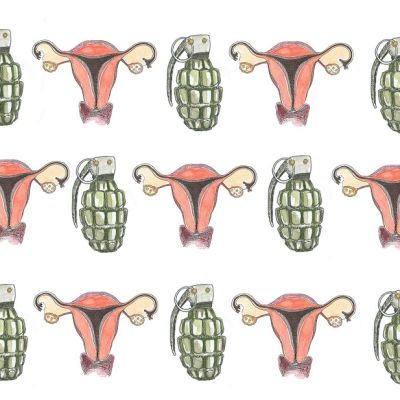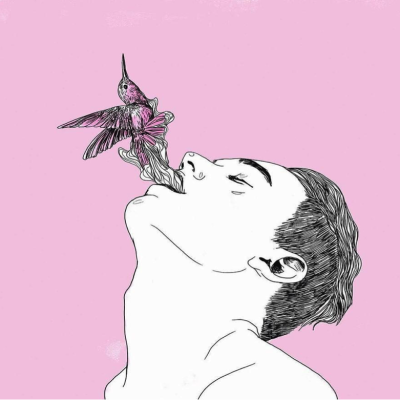Vani Viswanathan
Just this morning, I got an alert on my phone from an app with a grey icon that brims with seriousness; in a no-nonsense way, it announced: PMS is coming up.
With Assisted Reproductive Technologies, science has managed to use technology to prise apart previous associations between reproduction and sex. With gender, class and queer theory, the social sciences have prised apart previous associations between gender and sex. We have found that knowledge through science, like knowledge of sexuality, can’t be pinned down to absolutes. “The more you know, the more you know you don’t know,” said Aristotle. While science may value the systematic and objective, it cannot escape the baffling convolutions of lived experience. How does life influence knowledge, and knowledge influence life?
For as long as we can conceive of the existence of human civilisation, we can expect there to have been people’s movements. The term ‘people’s movements’ itself refers to the inexorable nature of the human being: things always change; they fall apart and come together in dynamic fluidity, and this uncontainable, organic spirit of constant flux is some of the joy of living.
Aspects of sexuality such as aesthetic taste, body image, sexual orientation, desires and aspirations, self-esteem, gender expression, reproductive choices, and more, are all interdependent with the impact of money in our lives and that of those around us. Indeed, our systemic relationship with money has a direct influence on how we ‘value’ ourselves.
The arts hold great sway on how sexuality is viewed, represented, and understood. Does art imitate life, or life, art? Or can it be tossed away as an inscrutable mix of the two influencing each other?
Don’t women lust after male bodies, don’t women fantasise? While examples abound of women chasing men, it is usually for the latter’s ‘good’ qualities – he’s brave, he’s handsome, he’s strong, he will protect, and yes, by-the-by, and it’s totally not on her mind, he has a sexy body.
A few days ago, we were doing a self-reflective exercise at work on what gives us power, how we demonstrate power, and what (or who) has power over us. Surprisingly, but not much, I found money featuring across the board for me: be it through financial independence or financial constraints. Power, as exercised by me or as exercised over me, has been intricately tied with my sexuality – ranging from job options to travel decisions to reproductive choices – and money seemed to lord over it all. It wasn’t the only lord, but it was quite a powerful lord.







